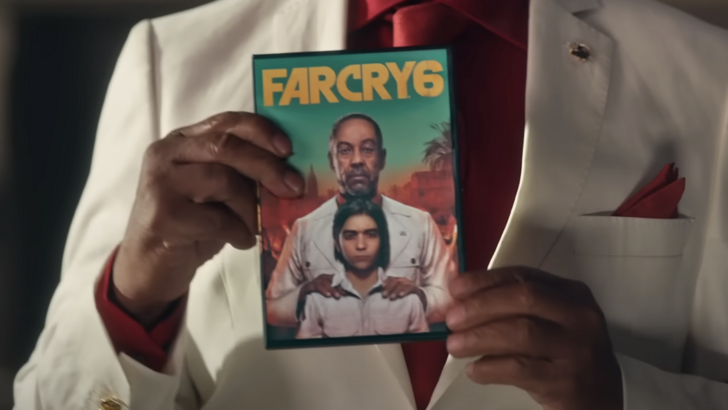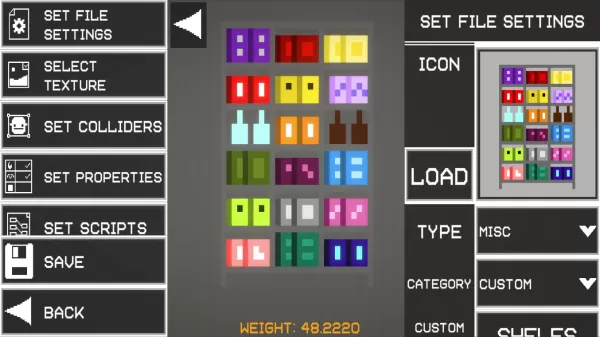
A new law in California now mandates digital game stores, such as Steam and Epic, to clarify whether the games players pay for are truly owned or merely licensed.
Law in California Has Been Passed to Let Players Know If Game Purchases Also Mean Ownership
Takes Effect Next Year

A groundbreaking law in California, signed by Governor Gavin Newsom, will compel digital storefronts to be transparent about the nature of purchases. Starting next year, online stores must inform consumers whether they are buying a license to a product, rather than outright owning it.
The legislation, AB 2426, aims to protect consumers and tackle misleading advertising of digital goods, including video games and apps. The bill defines a "game" as any application or game accessible on devices such as specialized electronic gaming devices, computers, mobile devices, tablets, or any device with a display screen, including any add-ons or additional content.
To ensure clarity, the law mandates that digital storefronts use clear and conspicuous language, such as "larger type than the surrounding text, or in contrasting type, font, or color to the surrounding text of the same size, or set off from the surrounding text of the same size by symbols or other marks."

Violators of this law could face civil penalties or misdemeanor charges. "Existing law makes a person who violates specified false advertising provisions liable for a civil penalty, as specified," the act states, "and provides that a person who violates those false advertising provisions is guilty of a misdemeanor."
Moreover, the law prohibits sellers from advertising or selling digital products that suggest "unrestricted ownership." As digital marketplaces grow, "it is crucial that consumers clearly know and understand the nature of their transactions," legislators noted, emphasizing that without a downloaded version that can be accessed offline, sellers can revoke access at any time.

Effective next year, the law will also ban the use of terms like "buy" or "purchase" that may imply unrestricted ownership unless it is explicitly stated that the purchase does not grant such rights.
California Assembly member Jacqui Irwin highlighted the importance of this law, stating, "As retailers continue to pivot away from selling physical media, the need for consumer protections on the purchase of digital media has become increasingly more important. I thank the Governor for signing AB 2426, ensuring the false and deceptive advertising from sellers of digital media incorrectly telling consumers they own their purchases becomes a thing of the past."
Provisions on Subscription-Based Services Still Murky

In recent years, gaming companies like Sony and Ubisoft have taken games offline, leaving players unable to access titles they had previously purchased. A notable case was Ubisoft's decision to delist and take The Crew offline due to "licensing constraints," leaving players without access.
However, the new law does not address subscription-based services like Game Pass or services that allow players to "rent" digital products, nor does it specify the status of offline copies of games, leaving these areas unclear.
In January, Ubisoft executive Philippe Tremblay suggested that gamers should become comfortable with not owning games in the traditional sense, likening it to the shift from owning CDs and DVDs to digital subscriptions. "One of the things we saw is that gamers are used to, a little bit like DVD, having and owning their games. That's the consumer shift that needs to happen," he told GamesIndustry.biz. "They got comfortable not owning their CD collection or DVD collection. That's a transformation that's been a bit slower to happen [in games]... As gamers grow comfortable in that aspect… you don't lose your progress. If you resume your game at another time, your progress file is still there. That's not been deleted. You don't lose what you've built in the game or your engagement with the game. So it's about feeling comfortable with not owning your game."
Assemblymember Jacqui Irwin emphasized the importance of consumer understanding, noting, "When a consumer purchases an online digital good like a movie or TV show, they receive the ability to view the media at their leisure. Oftentimes, the consumer believes that their purchase has given them permanent ownership of that digital good, similar to how the purchase of a movie on a DVD or a paperback book provides access in perpetuity. In reality though, the consumer has only purchased a license, which, according to the seller's terms and conditions, the seller can revoke at any point."








 LATEST ARTICLES
LATEST ARTICLES 












